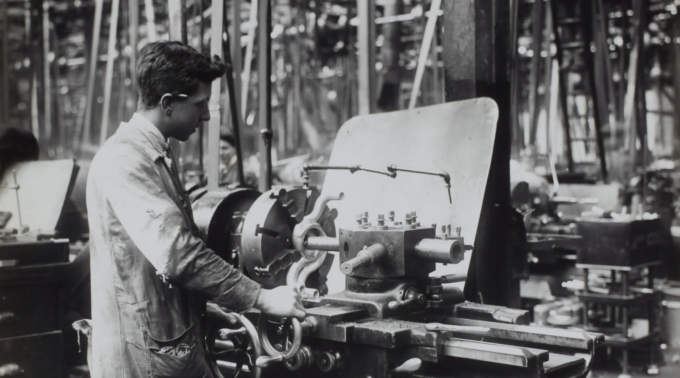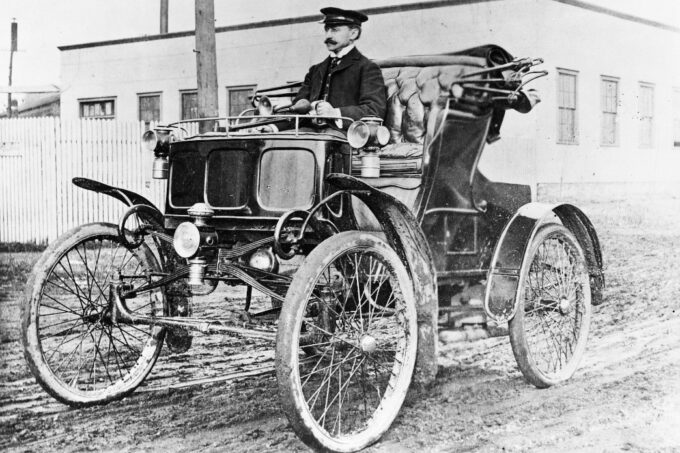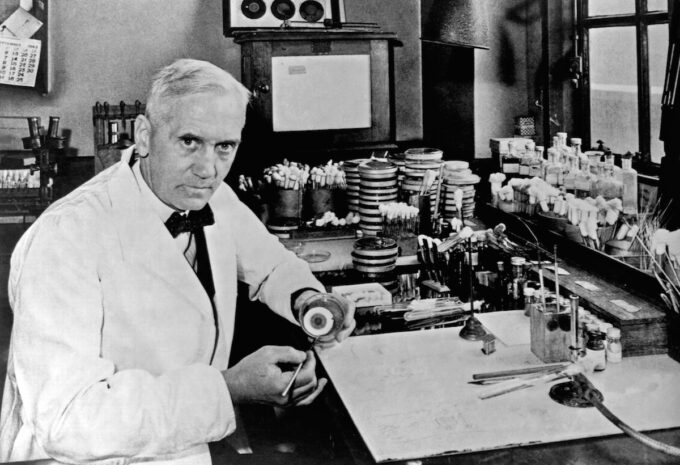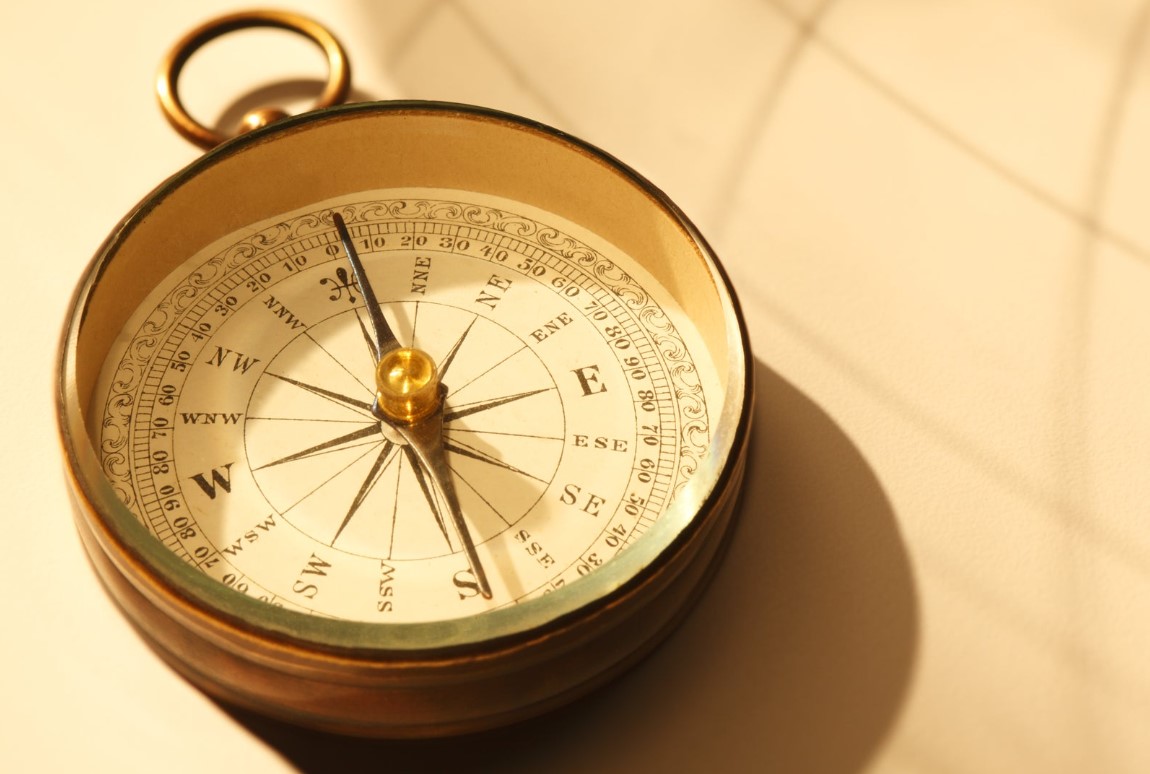Economic evolution paints a vivid tapestry of mankind’s progress, intricately woven with threads of innovation, adaptation, and transformation. Throughout the annals of history, brilliant discoveries and groundbreaking inventions have been the pivotal driving forces steering global economies from one epoch to the next.
The inherent power of innovation in stimulating economic growth and fostering holistic development cannot be overstated.
From the earliest days, where our ancestors chiseled rudimentary tools from stone, to our current age dominated by the wonders of advanced digital technologies, innovations have ceaselessly molded and rejuvenated the economic landscape.
Agricultural Revolution
When humanity stood on the precipice of the Agricultural Revolution, we were about to make a momentous leap — a transition from the unpredictable nature of nomadic hunting and gathering to the relative stability and promise of settled agriculture.
This shift wasn’t merely about changing our daily routines; it was about laying the robust foundation upon which future advanced civilizations would flourish.
As innovative farming techniques blossomed, they heralded the era of surplus production. This newfound surplus acted as a catalyst, igniting the flames of trade, fostering specialization, and triggering an unprecedented wave of population growth.
Industrial Revolution

As the pages of history turned to the late 18th century, the world found itself on the cusp of yet another monumental shift: the Industrial Revolution. This era saw the shadows of small handicraft workshops retreat, making way for the towering might of factories.
Traditional animal and manual power succumbed to the prowess of steam. Urban centers, once modest in size, burgeoned into bustling hubs of commerce and innovation. Pioneering inventions, such as the steam engine and the spinning jenny, stood as the flag bearers of this profound transformation.
These marvels of human ingenuity not only reshaped the landscape of manufacturing and transportation but also intricately re-wove the very socio economic fabric of modern societies, casting ripples whose effects we continue to feel to this day.
The Printing Press
The realm of communication and knowledge dissemination has seen numerous game-changers, but few can parallel the indomitable influence of Gutenberg’s printing press.
Before this invention, information remained the privilege of the elite few, trapped within the confines of laboriously hand-crafted manuscripts. Gutenberg’s masterpiece didn’t just simplify book production; it democratized knowledge.
This ingenious machine, with its movable type, accelerated the spread of ideas, fostered a thirst for learning, and inadvertently sowed the seeds for future intellectual and cultural revolutions.
The Internet and Digital Revolution
The closing decades of the 20th century heralded an era that would forever alter the tapestry of human interaction and commerce: the birth of the internet and the ensuing Digital Revolution.
This vast digital expanse, initially conceived as a communication tool for defense and academia, burgeoned into the omnipresent World Wide Web. The emergence of this global network transformed the core of how societies functioned.
Commerce, once confined to physical marketplaces, now expanded to virtual storefronts, reaching audiences beyond geographical limitations.
Communication, which once took weeks or even months by post, was now instantaneous, bridging divides and fostering an era of unprecedented globalization as you can read on this website.
Automobile Industry

From the rudimentary designs of Karl Benz’s Motorwagen to today’s sleek electric cars, the evolution of the automobile industry is a testament to human innovation.
The inception of the car ignited more than just engines; it sparked an unparalleled transformation in how we perceive distance and mobility.
As automobiles became accessible to the masses, they reshaped the contours of cities, leading to the growth of suburbs, highways, and intricate transport networks.
Beyond mere transportation, the automobile industry catalyzed a myriad of secondary sectors – from petroleum refineries to tourism.
Electricity and Power Generation
In the symphony of innovations that have graced human history, the discovery and harnessing of electricity play a crescendo. A world once bound by the rhythms of daylight and candlelight was suddenly illuminated round the clock.
The innovations in electricity generation, from Michael Faraday’s dynamo to today’s colossal hydroelectric dams, fueled an era where industries no longer depended solely on manual or mechanical power.
Cities, previously dormant post-sunset, started buzzing with life, leading to a significant uptick in productivity and commerce.
Telecommunication Innovations
The human desire to connect has consistently driven innovations in communication.
From Samuel Morse’s telegraph, which turned dots and dashes into messages spanning continents, to today’s smartphones that fit global connectivity into our pockets, telecommunication has evolved at a breathtaking pace.
The sheer speed and reach of modern communication technologies have knit the world into an intricate web, driving economic growth through increased trade, collaboration, and information exchange.
Medical Innovations

Diving into the annals of medical history, one encounters a plethora of innovations that have not only alleviated human suffering but also substantially boosted economic productivity.
Breakthroughs like the discovery of penicillin, the development of vaccines, and advanced surgical techniques have dramatically increased life expectancies.
A healthier workforce, free from the yoke of erstwhile prevalent diseases, has significantly enhanced productivity, leading to economic surges in many regions.
Financial Innovations
Money, in its essence, is an ever-evolving concept. From the barter systems of ancient civilizations to the digital currencies of today, the financial landscape has undergone seismic shifts.
The establishment of centralized banks provided a newfound stability to economies, facilitating trade and investment. Stock markets, with their intricate dance of bulls and bears, allowed businesses to grow and diversify.
And in recent times, digital currencies and fintech innovations are reshaping how we perceive and transact value. These financial innovations, while often intangible, have been the bedrock upon which modern economies flourish.
If you’re curious about the intricate dance of finance and innovation, you can find out here more on this fascinating subject.
Space Exploration
The allure of the cosmos has always captivated human imagination. But it’s not just about stargazing; advancements in space technology, from the epochal moon landing to ambitious interplanetary exploration missions, have had palpable economic ramifications on Earth.
Space innovations have spurred technological spin-offs in areas as diverse as healthcare, transportation, and communication.
Green Energy and Sustainability

As we stand on the cusp of an environmental tipping point, innovations in green energy sources, like solar power and wind power, are not mere novelties; they are necessities.
These renewable powerhouses are not only mitigating the adverse effects of climate change but also driving economic growth in new directions.
The green energy sector, with its research, manufacturing, and deployment, is generating jobs, fostering innovation, and charting a course for sustainable economic futures worldwide.









